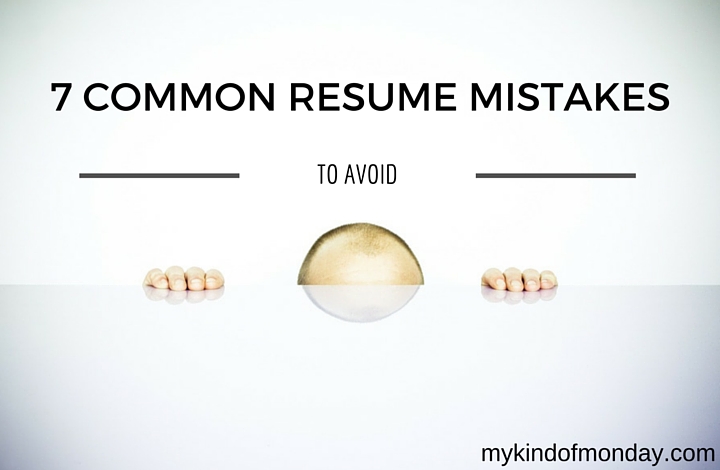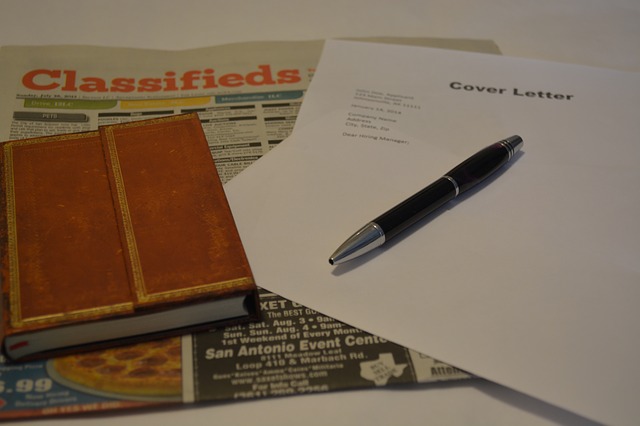
When working in recruitment you come across a lot of resumes. What you might find surprising, however, is just how many mistakes people make on their CV’s. The last thing you want to do is show a potential new employer that you are careless and able to make mistakes on something so important. So, keep a look out for these common CV mistakes and double check yours before sending it out.
1. Spelling and Grammar
The most common mistakes people make on their resumes are to do with spelling and grammar. When you’re busy typing away and trying to remember all of your most relevant skills and experience, it’s easy to make mistakes. However, you should always read over your CV once you have finished to make sure everything is in order.
If spelling and grammar aren’t your strong suit, you can always get someone else to proofread it for you. Having mistakes on your CV will make you appear sloppy and careless, qualities potential employers will be looking to avoid.
2. Out of Date Contact Details
You may have written yourself an impressive CV, but how will anyone be able to contact you without the proper details? It is amazing just how often I have come across this situation. What’s worse is that some people leave them off altogether.
Always make sure they have all the necessary details, including name, phone number, email address and home address. If you have been selected for the next stage of the interview process, you will want to make sure people can get in touch.
3. Gaps in Work Experience
Recruiters will want to know what your most recent work history is, so don’t forget to update your resume before handing it in. Even if you don’t feel it is relevant to the job you are applying for, they will still want to know what you have been doing. Leaving gaps in your work history will only cause employers to get suspicious, so it’s always better to cover your full employment history.
If you haven’t been working but have been looking after your kids, taking classes or travelling around the world, it’s better to put it in your CV so they can get a good picture of your history and experience. This will save both of you time when figuring out if you are the right fit for each other.

4. Lying About Experience
Some people think that the best way to get a job they know they are not qualified for is to embellish their CV or simply lie about their experience. It’s one of the most common resume mistakes you will hear about, but it is always a bad idea.
Most of the time you will be asked for references from your most recent employers, so there is no point trying to lie about it. Employers might ask references to confirm dates of employment, reasons for leaving employment, details on lateness and absence and even for a rating of your attitude and aptitude.
5. Not Enough Information
Sometimes you will receive a resume with very little detail about the person and their experience. Your CV is not merely a requisite of the job application, but it is also meant to sell your skills and experience and demonstrate that you are the right candidate for the job. Make sure you include your contact information, recent work experience, education and relevant skills. This is your chance to really sell yourself, so make the most of it.
6. Too Much Information
On the other end of the spectrum, we have the CV’s that include far too much information. I once received a graduate resume that was a whopping eight pages long. You may be proud of your achievements at school, but that doesn’t mean it should be featured in precise detail on your resume.
Only include relevant information that will help you get the job. You can highlight some of your most impressive achievements, but keep it short and to the point. Employers won’t have the time to read through everything, so you don’t want them to miss the details that matter.
7. Missing Out Important Information
Some people edit their CV depending on the job they are applying for. Tailoring your resume to appeal to your potential new employer is a good idea, but you don’t want to end up deleting important pieces of information that should still be featured.
It is advisable to include the last 5 years of employment and education, even if it doesn’t all seem relevant to the position. You may not have to include everything in great detail, but it looks better than leaving big, unexplained gaps. You can always find ways to bring attention to the most relevant parts of your CV.
Remember to follow these tips the next time you apply for a job to ensure you make the best impression. You don’t want to lose out on a great job opportunity by falling victim to one of these common resume mistakes.
Leave a Reply